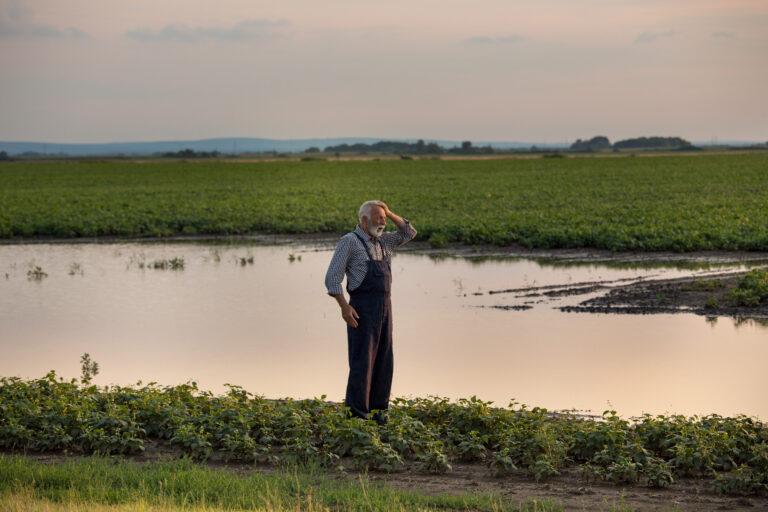Burkholderia pseudomallei is a well-known Gram- bacterium that occur in the environment (soil, water), typically in the tropics (Asia, Australia, Central and South America). It causes melioidosis in humans, it is rarely spread from human to human, and also has been reported it is able to cause disease in animals and plants. Most people infected with B. pseudomallei do not show symptoms, but those who do may present with symptoms ranging from mild (e.g. fever, skin lesions) to more severe symptoms such as pneumonia, abscesses, severe encephalitis, arthritis. Even with proper treatment, the mortality rate is around 10%, but in the absence of treatment it can be as high as 40%.
In 2020 and 2022, two cases occurred in the United States of America in two unrelated but geographically close locations in southern Mississippi (Gulf Coast). B. pseudomallei was isolated from the patient’s environment. Experts say it is not surprising that it is present in this region, which has a similar climate to parts of Asia. It is important to point out that the impact of climate change has led to predict a possible appearance in Europe (and Hungary as well) based on the cases in USA.
The CDC is recommending to the states to consider adding melioidosis to their state’s notifiable disease list, if they have not done so already. The focus is especially on those whom have compromised immune systems (diabetes, chronic kidney disease, chronic lung disease, excessive alcohol consumption), for these patients, their suggestion is to avoid contact with soil, muddy water (ground water, especially after heavy rains), especially if they have open wounds on their feet and lower legs.
It is important to mention that in the USA there was another outbreak linked to B. pseudomallei in 2021, with two deaths. However, this outbreak should not be confused with the above cases, as here an imported aromatherapy spray was contaminated with B. pseudomallei.
In its 2010 report ECDC recommended that B. pseudomallei should be monitored in all Member States, but it has not been done so far for various reasons.

